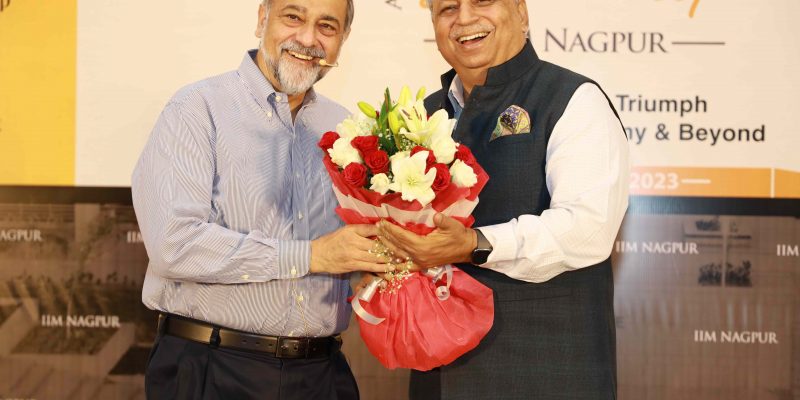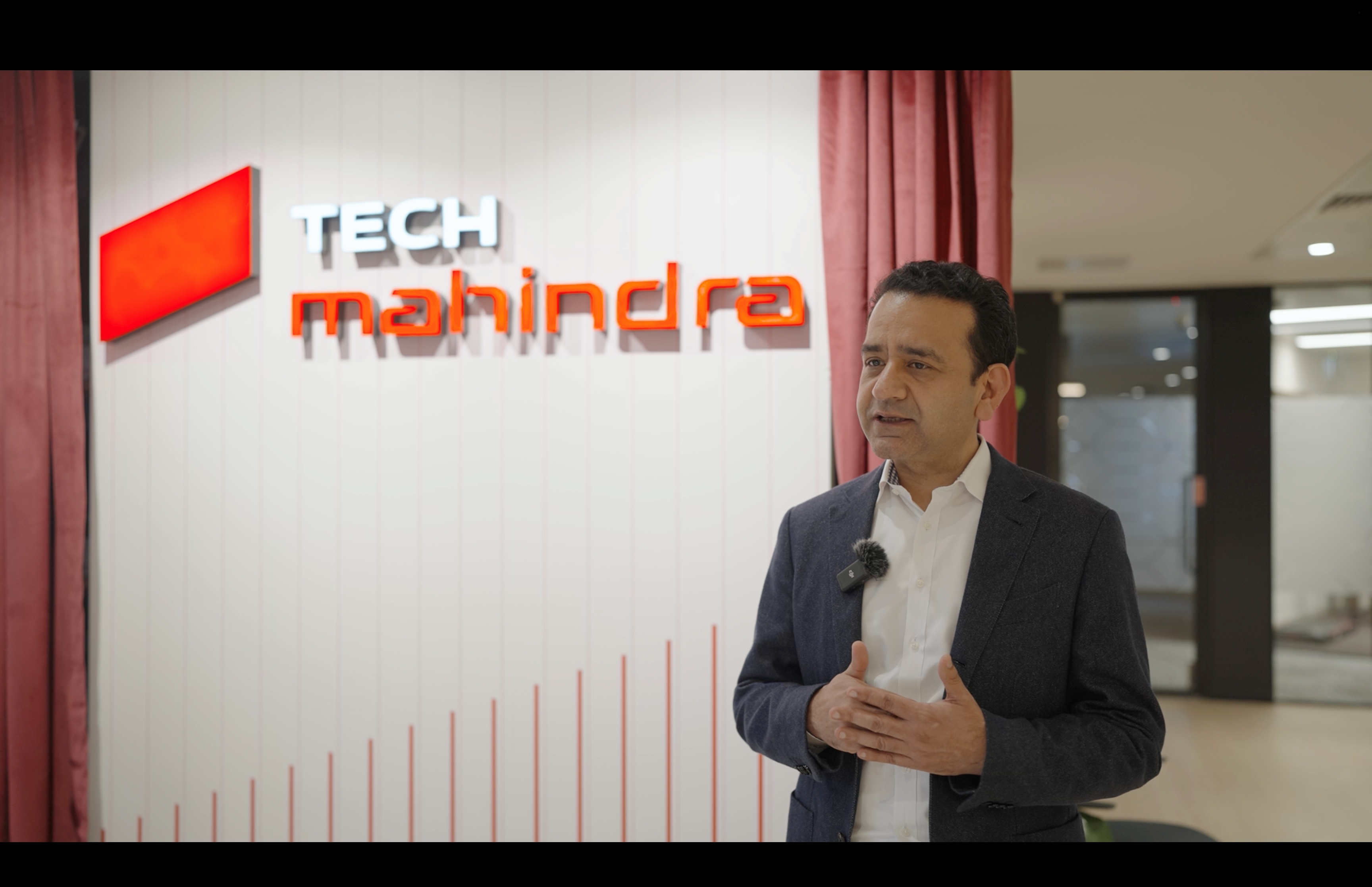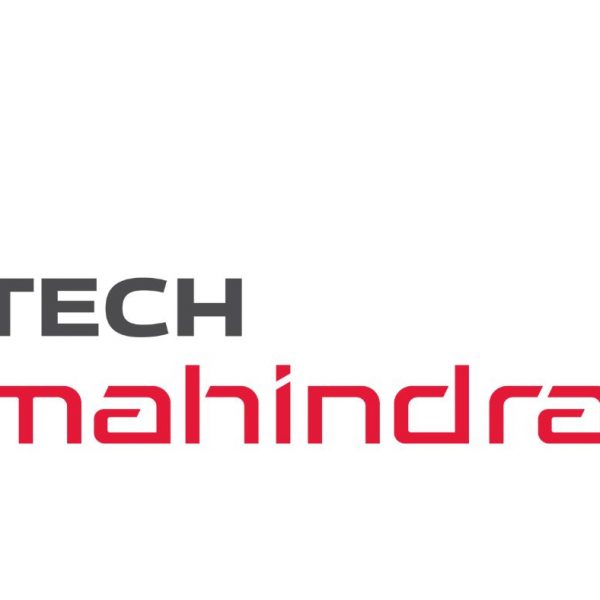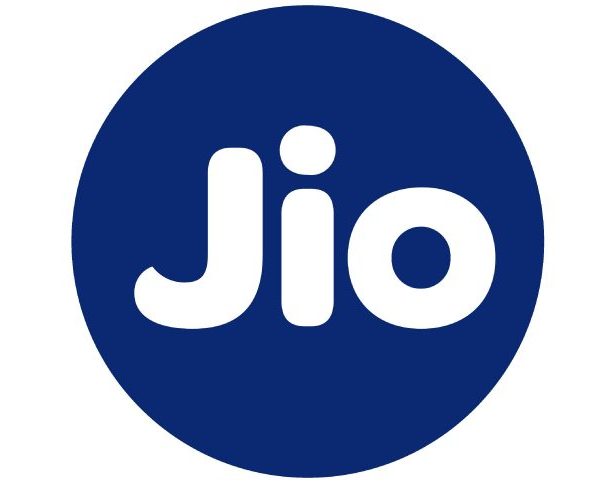IIM Nagpur’s Zero Mile Samvad (ZMS): Envisioning a $5 Trillion Economy through Inclusive Growth and Innovation
National Education Policy 2022 (NEP) is a big source of hope and progress for India’s youth: Shri Dharmendra Pradhan
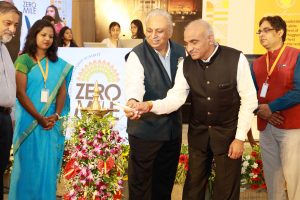
IIM Nagpur’s Zero Mile Samvad (ZMS): Envisioning a $5 Trillion Economy through Inclusive Growth and Innovation
Zero Mile Samvad (ZMS) by The Indian Institute of Management Nagpur (IIM Nagpur) commenced today at its campus. The thought leadership summit has brought together a diverse group of brilliant minds and influential figures, including the Hon’ble Minister of Education and Skill Development and Entrepreneurship, Shri Dharmendra Pradhan; Shri CP Gurnani, MD & CEO of Tech Mahindra and Chairman, Board of Governors, IIM Nagpur; Lt. Gen MU Nair; Indian Chess Grandmaster Viswanathan Anand; Dr. Bhimaraya Metri, Director, IIM Nagpur, and other key leaders.
The summit’s first day laid out a plan for India’s growth towards a $5 trillion economy. It also highlighted the importance of Maharashtra and Nagpur in driving India’s economic development. The state’s innovative and entrepreneurial ecosystem, aligned with the summit’s objectives, made it an ideal location for the event.
Hon’ble Minister of Education and Skill Development and Entrepreneurship, Shri Dharmendra Pradhan, said, “It is indeed a great initiative to deliberate on the nation’s journey to becoming a $5 trillion economy and beyond. This event, hosted by the prestigious IIM Nagpur and led by minds from diverse backgrounds, has worked together to ignite discourse and chart the course for our nation’s future. The future of jobs, businesses, and our economy hinges on our ability to adapt, evolve and embrace the power of knowledge and creativity in such a time when India is rejuvenating with a new energy under the leadership of PM Modi. To realise the potential of our youth, the National Education Policy 2020 stands as a big source of hope and progress, and the journey demands a robust and collaborative partnership between academia and the industry. Providing the right skills to our youngsters and creating a future-ready workforce will transform our nation into a global skill hub.”
The education sector is poised to play a pivotal role in driving India’s economic growth by serving as the foundation for developing a skilled and knowledgeable workforce. As the country strides towards becoming a global economic powerhouse, its emphasis on education is key to harnessing the potential of its large and youthful population.
Highlighting the convergence of technology and sports, Indian Chess Grandmaster Viswanathan Anand said, “The government is now working with the sports ecosystem to enable players in the Olympics gold quest through optimal infrastructure and proactive arrangement of facilities. The underlying driver is the public’s attitude – as a country, we have decided that we want to win. Athletes today know that it is no longer good enough to say that they participated in the Olympics – the game needs to be exciting, and the dream is to win gold. The corporate world is also supporting this endeavour and the long-term mission of sports. As we advance, everyone should get a chance to play, and two things will drive each other – every small village should have access to sports facilities, and every kid should enjoy the sport.”
At the 2020 Tokyo Olympics, India achieved a historic feat by surpassing its previous best tally of six medals from the 2012 London Games. The country proudly secured a total of seven medals, including a momentous gold medal clinched by Neeraj Chopra in the javelin throw, marking a significant achievement.
Dr. Bhimaraya Metri, Director, IIM Nagpur, said, “The Zero Mile Samvad is a unique signature title introduced by IIM Nagpur, based on four important pillars – the government, technocrats, business and sustainability, and spirituality promoters. In 2047, our dream is to see India as a developed nation, and Zero Mile Samvad is proving to be a great platform for this ambition. We will make a roadmap on how to make India a $5 trillion economy, and IIM Nagpur is taking a small initiative to march in that direction. IIM Nagpur has established a reputation of being the fastest-growing among all the IIMs, and it offers first-of-its-kind programs in India with certifications like cybersecurity and data digitalisation. We are also fostering entrepreneurship by promoting the startup culture.”
The first day of the summit explored the significant role of technology, innovation, and diverse sectors in driving India’s growth. The speakers emphasised the need to tap into the potential of every demographic, highlighted the impact of rural entrepreneurship, MSMEs, and cooperative ventures, and discussed the crucial role of public sector banks.
CP Gurnani, Managing Director & Chief Executive Officer, Tech Mahindra and Chairman, Board of Governors, Indian Institute of Management Nagpur, said, “To me, a $5 trillion economy requires a mindset change of questioning everything. If we see $5 trillion, $10 trillion, or even $30 trillion as an opportunity, we must revamp our education system to prepare people for employment. I believe that when we anticipate and build for the future, we not only question but also take action. It is essential that we make a cultural change by setting high ambitions and displaying a level of questioning and curiosity to achieve success. I am optimistic and energized that we can reach $5 trillion, $10 trillion, and even $30 trillion because of our ambition and willingness to make the necessary changes.”
Other insightful conversations at the well-attended summit delved into various facets critical for the country’s development, focusing on manufacturing, sports, and other diverse sectors. The speakers discussed the combined impact of AI and telecom on the country’s prosperity, redefining India’s tourism to make it more diverse and how India’s digital infrastructure can align with its economic ambitions. The sessions also examined the intricate balance between prestigious projects, sustainable development, and equitable infrastructure in India’s economic journey.

